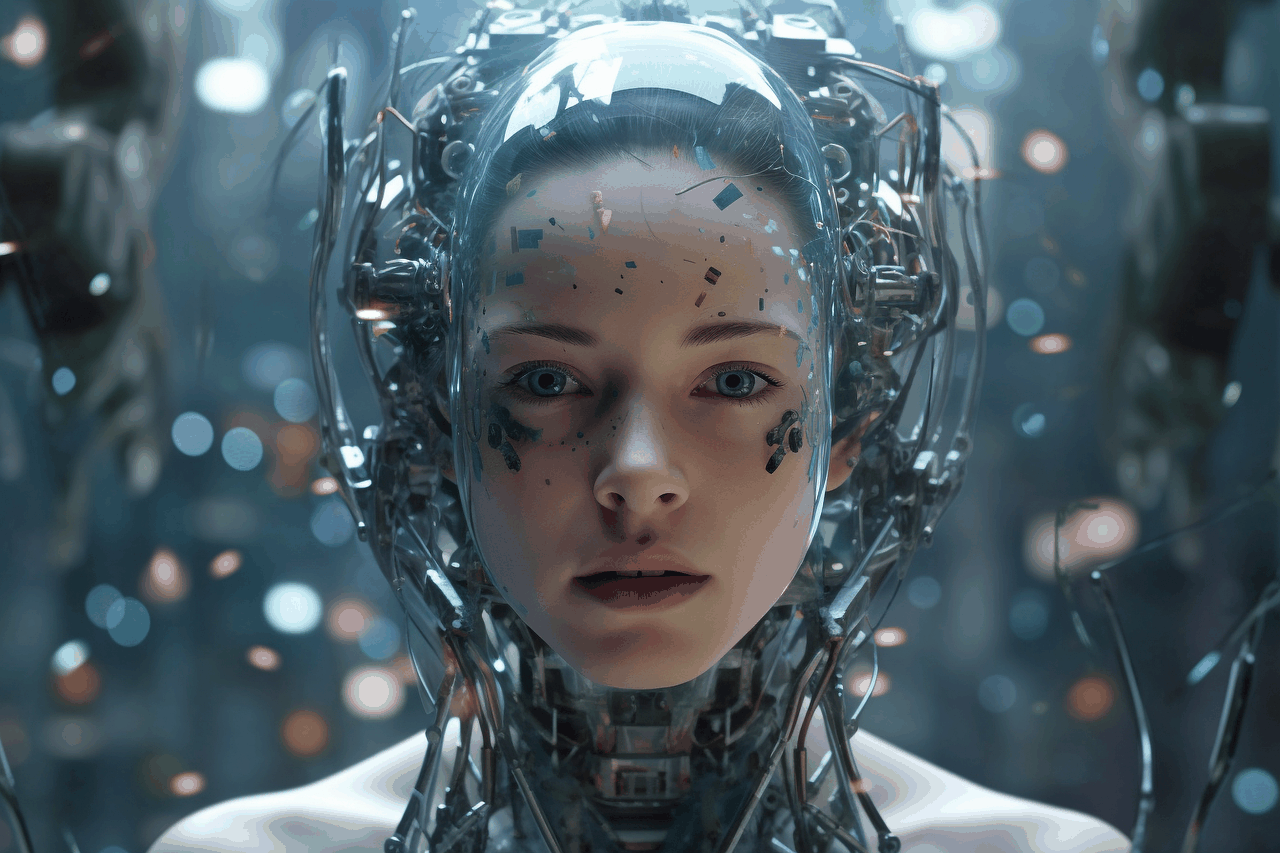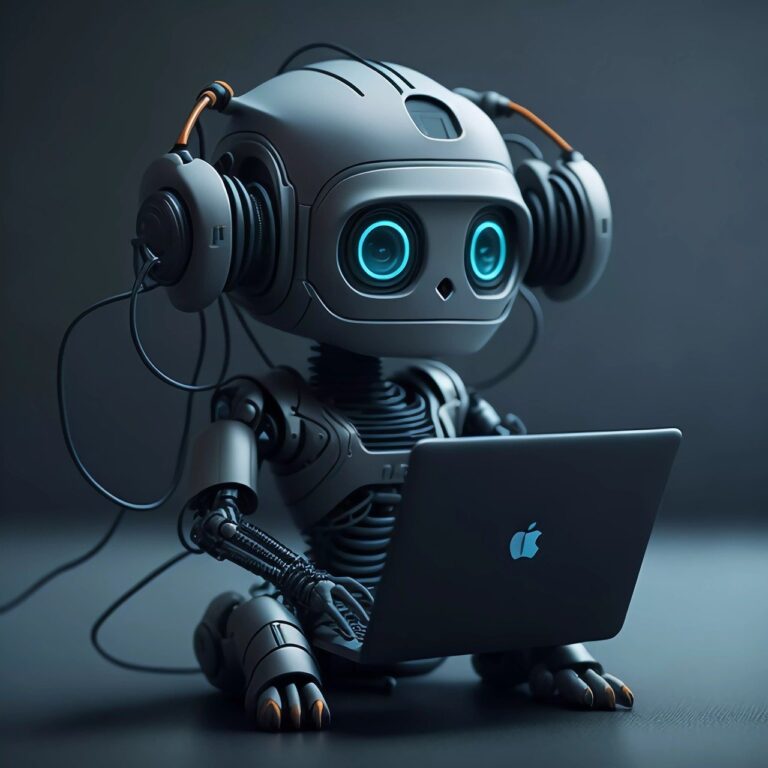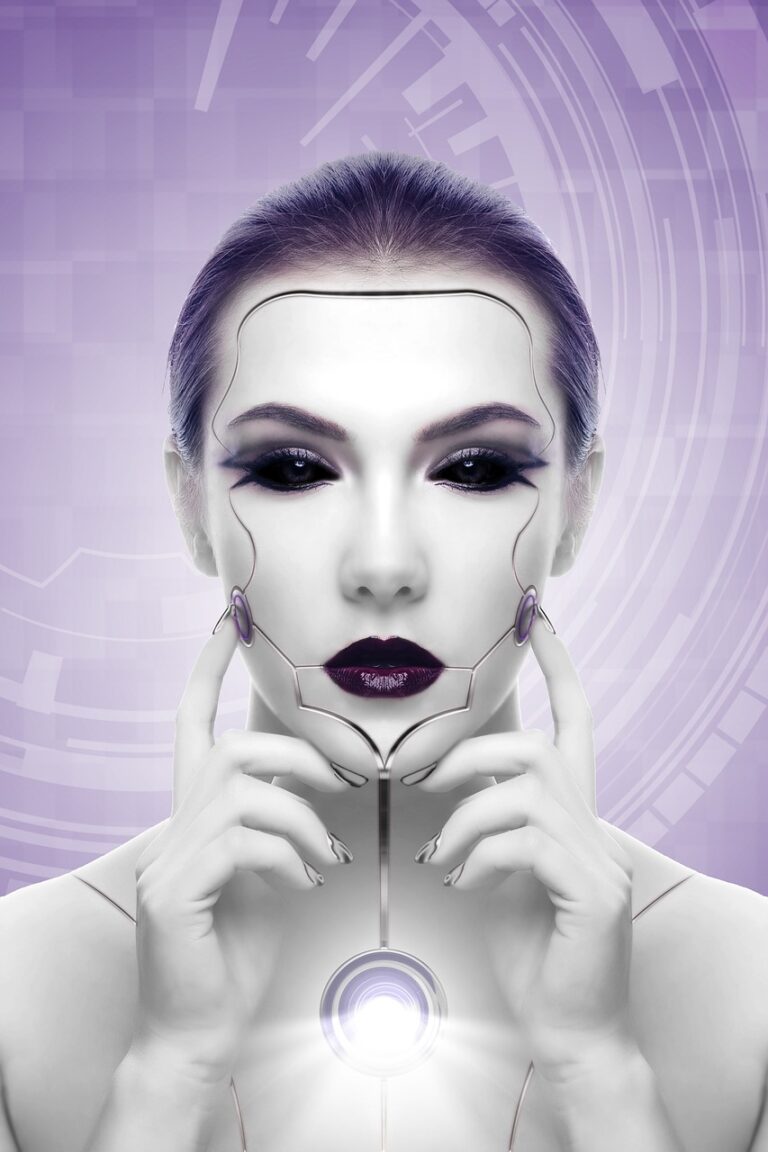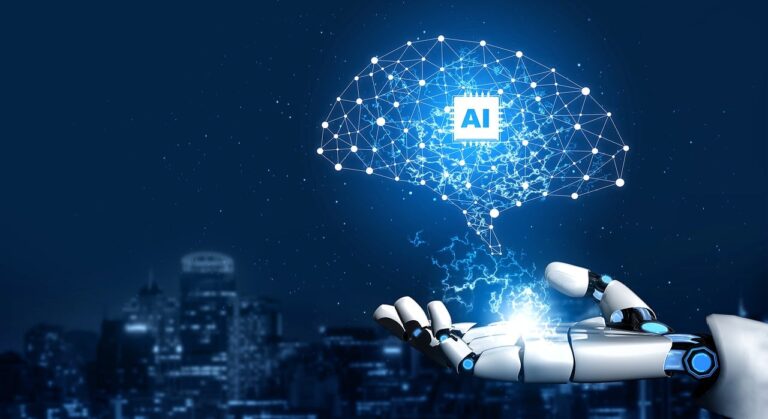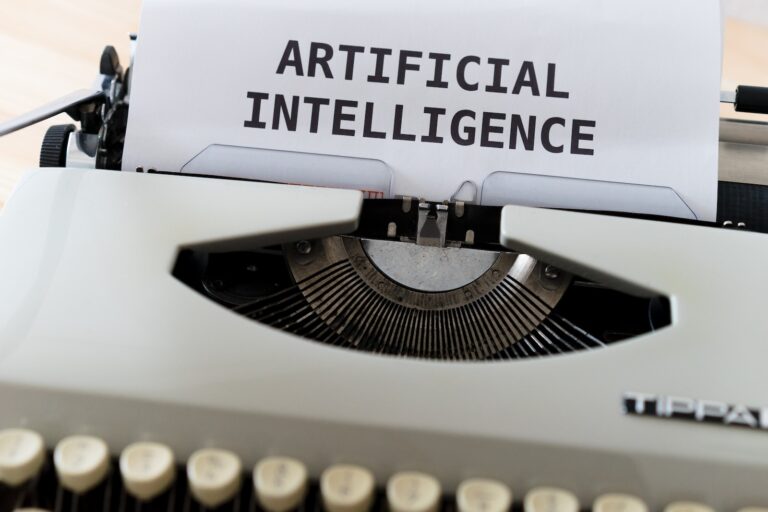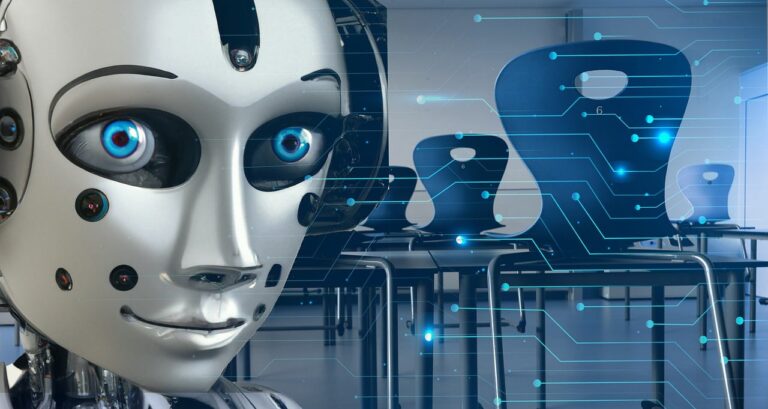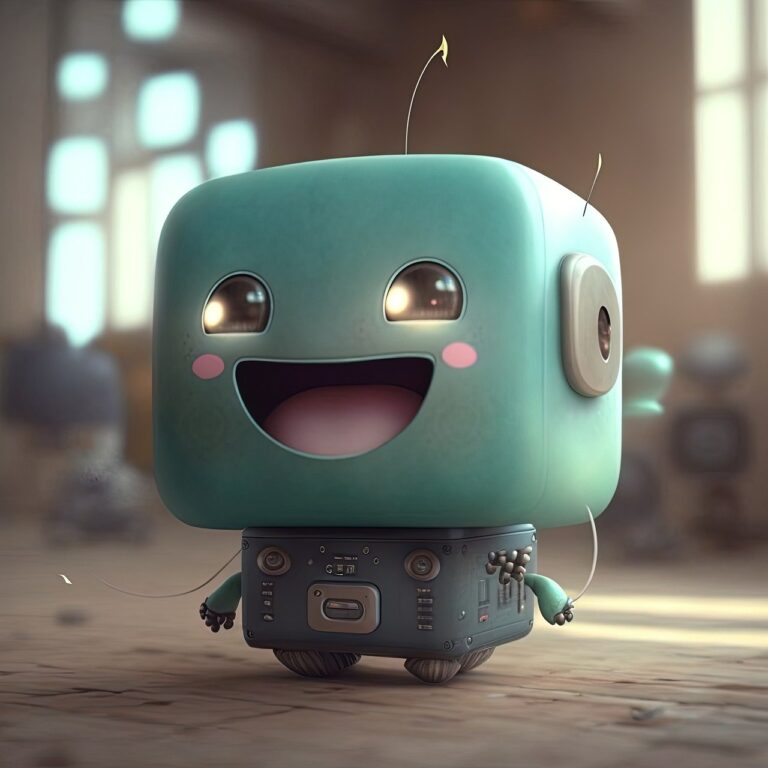AI Authorship: A New Frontier in Ethics
In the ever-evolving technological landscape, one question continues to pervade discourse in the AI sector: “Who bears the burden of responsibility when AI is the author?” AI authorship is laden with ethical implications, especially as it relates to intellectual property rights, accountability, and the broader societal impact.
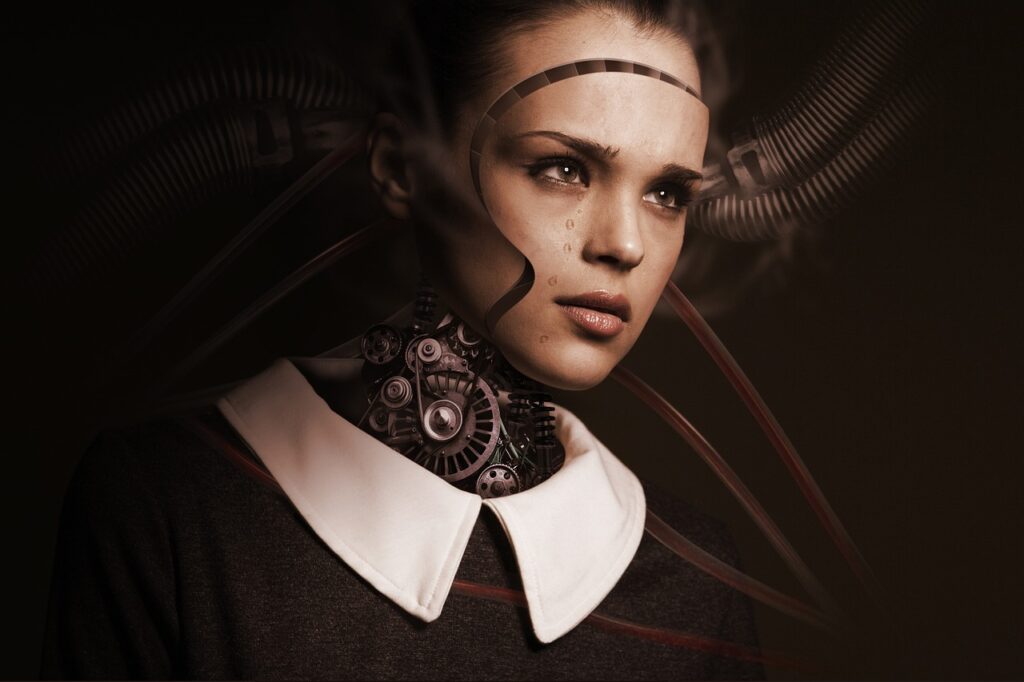
AI Authorship: Defining the Paradigm
AI authorship refers to the creative outputs generated by artificial intelligence. This includes music compositions, articles, stories, paintings, and more. Understanding the principles of AI authorship requires delving into the heart of what constitutes authorship and ownership in the realm of artificial intelligence.
The Ethics of Intellectual Property in AI Authorship
When a piece of work is generated by an AI, traditional views of intellectual property rights come under scrutiny. Current legislation recognizes humans as the legitimate authors of their work, but where does this leave creations by AI?
Many argue that AI algorithms simply replicate patterns and cannot possess creativity in the human sense. However, others see the role of AI as more dynamic, recognizing its ability to generate truly unique outputs. The implication is a need for revisiting intellectual property rights in the context of AI authorship.

Accountability in AI Authorship
Who is responsible when AI-authored work has unintended consequences or breaches ethical guidelines? This question drives the conversation around accountability in AI authorship.
On one hand, the onus might lie with the developers of the AI software. On the other hand, it could be argued that the users of such technology bear the responsibility, given they control the inputs and applications of the AI. Untangling these relationships and establishing a framework for accountability in AI authorship is vital for the industry’s ethical progression.
The Societal Impact of AI Authorship
The influence of AI authorship is not confined to the realms of law and technology; it has substantial implications for society at large. As AI becomes more sophisticated, the line between human and AI-authored work becomes increasingly blurred. This raises key questions about authenticity, value, and human creativity.
Should AI-authored work be viewed as valuable as human-created content? What happens to professions reliant on creative outputs as AI continues to advance? These are pressing questions that the global community must grapple with as we explore the societal implications of AI authorship.

Re-imagining the Future of AI Authorship
The ethical implications of AI authorship are undeniably complex. They force us to reconsider long-held assumptions about creativity, authorship, and responsibility.
By addressing these challenges head-on, we have an opportunity to redefine the narrative around AI authorship. With thoughtful regulation, we can ensure a future where AI enhances human creativity rather than threatening it.
We must strive for a world where the ethical considerations of AI authorship are not just an afterthought, but integral to the way we develop and implement AI technology.

Frequently Asked Questions

Final Thoughts on The Ongoing Debate
The exploration of the ethical implications of AI authorship is far from over. It’s a challenging, ongoing debate that requires the input of lawmakers, tech developers, and society as a whole.
However, by engaging with these questions earnestly, we can work towards an ethical framework for that respects intellectual property rights, establishes clear lines of accountability, and considers the societal impact.
In the end, it’s about ensuring a future where AI is used responsibly, ethically, and to the benefit of all. By making these considerations a priority, we are taking a significant step towards that future.
